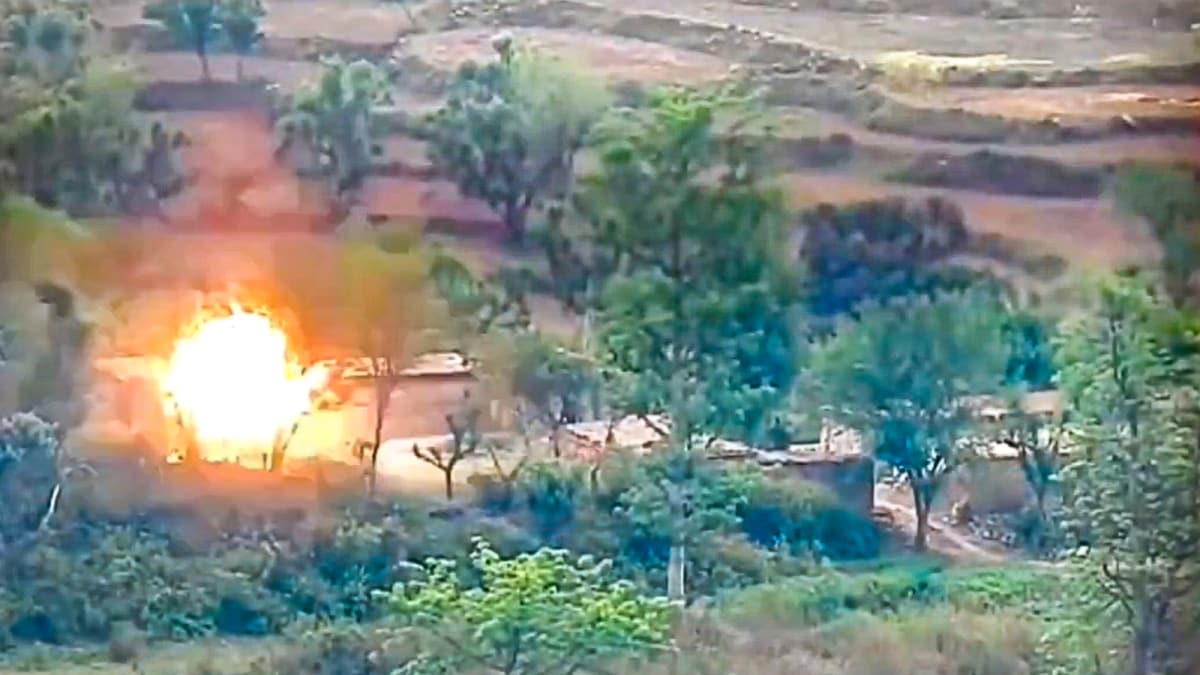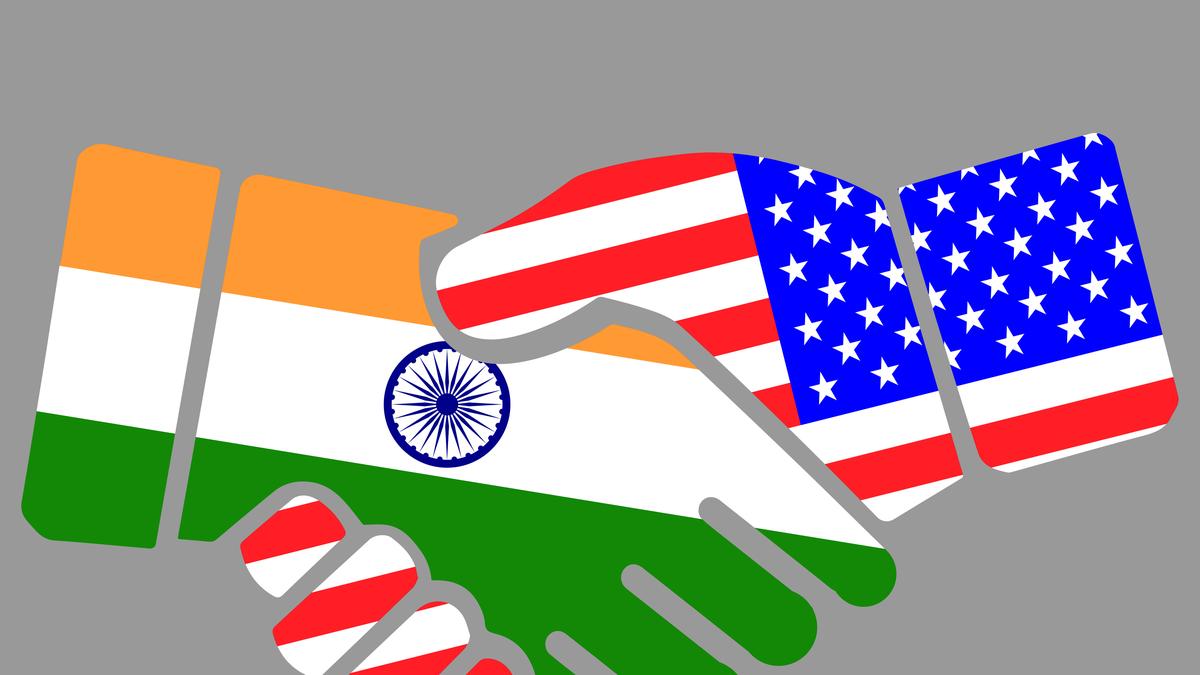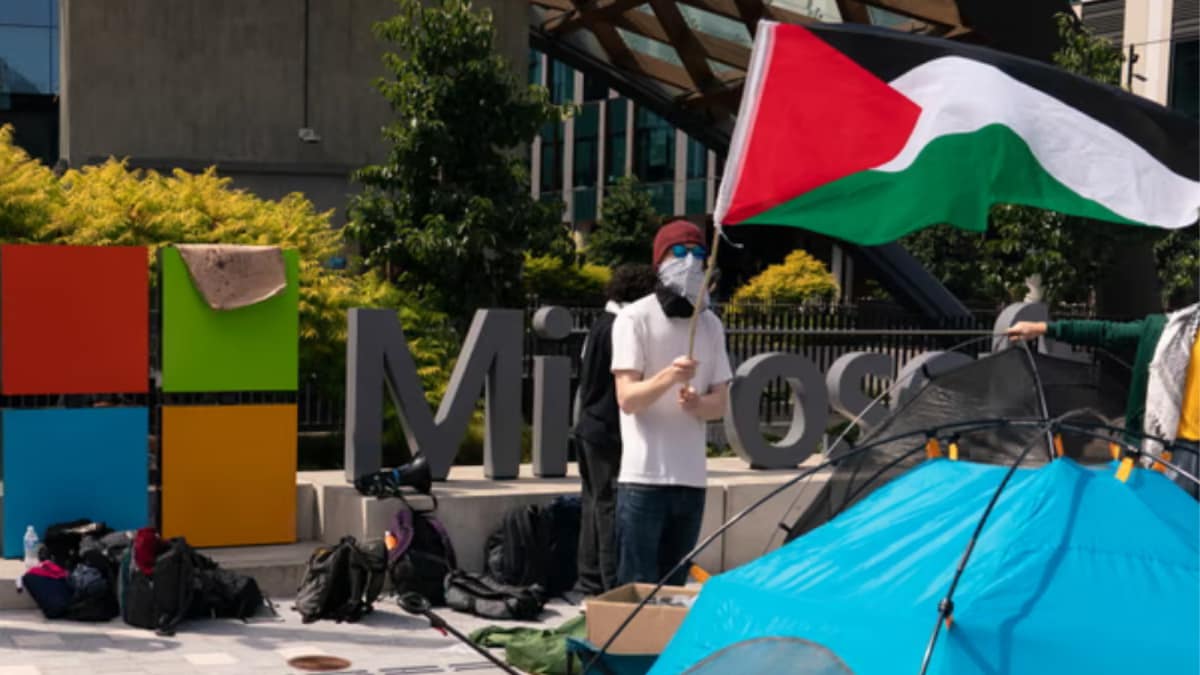The Tamil Nadu government has allocated ₹84 lakh to track the fine-scale movements of Olive Ridley turtles along the State’s coastline.
The two-year study, which will run from 2025 to 2027, aims to enhance conservation efforts using telemetry technology to monitor turtle behaviour, nesting patterns, and their interaction with fishing activities.
The announcement follows an increase in turtle deaths between December 2024 and March 2025 along the northern Tamil Nadu coast, where hundreds of Olive Ridley turtles were found washed ashore, likely due to entanglement in fishing nets. Following this, the State government announced that studies will be carried out to understand the factors threatening the species and improve their protection, especially during the nesting season.

As per a government order (G.O.) issued by Supriya Sahu, Additional Chief Secretary to Departments of Environment Climate Change and Forests on August 26, 2025, the study will deploy satellite tags on 20 Olive Ridley turtles across important and vulnerable nesting sites in Tamil Nadu, including the Chennai coast and Cauvery Delta. These tags will allow researchers to track the turtles’ movements in near-shore waters during the nesting season from November to April. Alongside satellite tracking, 10,000 flipper tags will be used to mark individual turtles, enabling long-term monitoring of their nest-site fidelity and migration patterns.
The Wildlife Institute of India (WII) will lead the satellite tagging, while the Advanced Institute for Wildlife Conservation (AIWC) will conduct near-shore surveys to identify critical turtle hotspots. These surveys will also assess the risk of turtle bycatch in fishing zones, with local fishermen engaged to report turtle sightings and help map high-risk areas.
The ₹84-lakh funding will be split between WII and AIWC. WII will receive ₹53.65 lakh for satellite tags, transmission costs, and personnel. AIWC will receive ₹30.29 lakh for fieldwork, including boat hire, accommodation, and the purchase of flipper tags.
The G.O. said that the study aims to gather crucial data on the Olive Ridley turtle’s migratory routes, foraging areas, and nesting behaviours, which will inform future conservation policies. This research will also help identify high-conservation-value zones, where fishing activities may need to be regulated to reduce turtle bycatch, it added.



.png)
.png)
.png)
















 5 hours ago
4
5 hours ago
4








 English (US) ·
English (US) ·